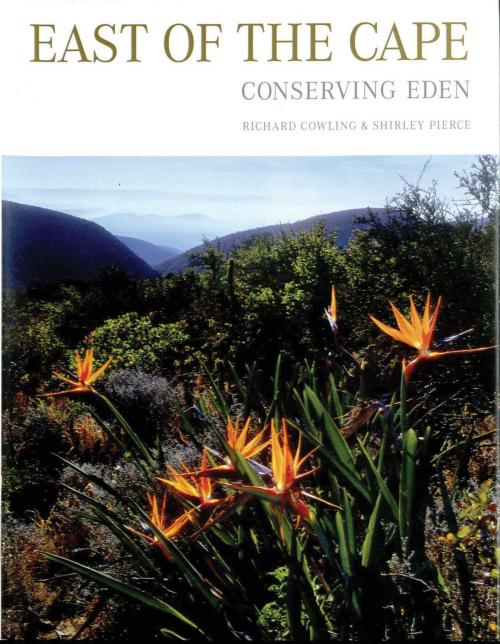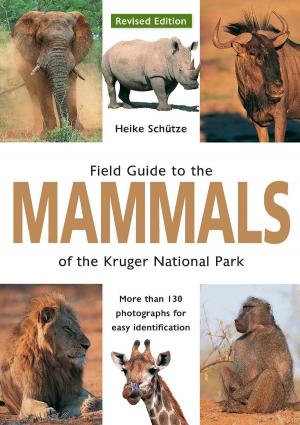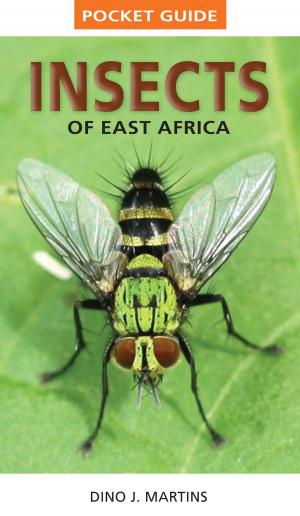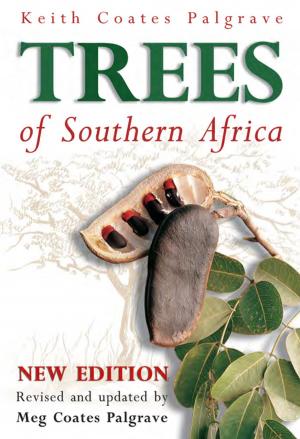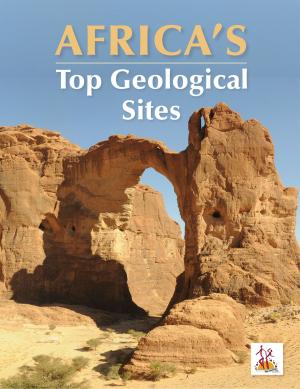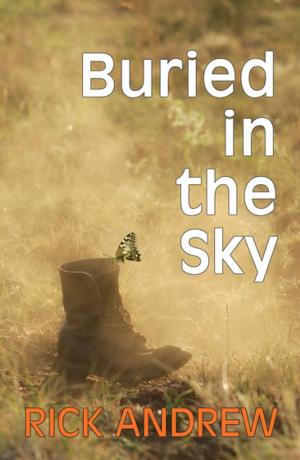East of the Cape
Conserving Eden
Nonfiction, Science & Nature, Nature, Plant Life, Plants, Food & Drink| Author: | Richard Cowling | ISBN: | 9781928213291 |
| Publisher: | Penguin Random House South Africa | Publication: | June 12, 2015 |
| Imprint: | Struik Travel & Heritage | Language: | English |
| Author: | Richard Cowling |
| ISBN: | 9781928213291 |
| Publisher: | Penguin Random House South Africa |
| Publication: | June 12, 2015 |
| Imprint: | Struik Travel & Heritage |
| Language: | English |
The story of East of the Cape: Conserving Eden is a story about nature and people. The drama takes place in a region located on the south-eastern coast of Africa where nature’s diversity is manifest: rainforest, karoo, fynbos, grassland and savanna are juxtaposed in complex and intriguing ways. Aptly called Eden, this region is also home to thicket, a Lilliputian forest of great antiquity that harbours the ancient stock of many plant lineages found in southern Africa’s contemporary ecosystems. Eden is also home to a diversity of human cultures, each of which has left its mark on nature. From the birth of humankind to the present day, the footprint of Eden’s inhabitants has become progressively heavier. For the past 150 years, since the onset of South Africa’s industrial age, a growing population and increasing demands on nature have ravaged Eden, especially its thicket. But just as people have been the cause of Eden’s degradation, so too can they provide the solution. In East of the Cape, authors Richard Cowling and Shirley Pierce present a blueprint for conservation that seeks to engender a culture of managing natural resources wisely and safeguarding nature and its services for a sustainable Eden.
The story of East of the Cape: Conserving Eden is a story about nature and people. The drama takes place in a region located on the south-eastern coast of Africa where nature’s diversity is manifest: rainforest, karoo, fynbos, grassland and savanna are juxtaposed in complex and intriguing ways. Aptly called Eden, this region is also home to thicket, a Lilliputian forest of great antiquity that harbours the ancient stock of many plant lineages found in southern Africa’s contemporary ecosystems. Eden is also home to a diversity of human cultures, each of which has left its mark on nature. From the birth of humankind to the present day, the footprint of Eden’s inhabitants has become progressively heavier. For the past 150 years, since the onset of South Africa’s industrial age, a growing population and increasing demands on nature have ravaged Eden, especially its thicket. But just as people have been the cause of Eden’s degradation, so too can they provide the solution. In East of the Cape, authors Richard Cowling and Shirley Pierce present a blueprint for conservation that seeks to engender a culture of managing natural resources wisely and safeguarding nature and its services for a sustainable Eden.
